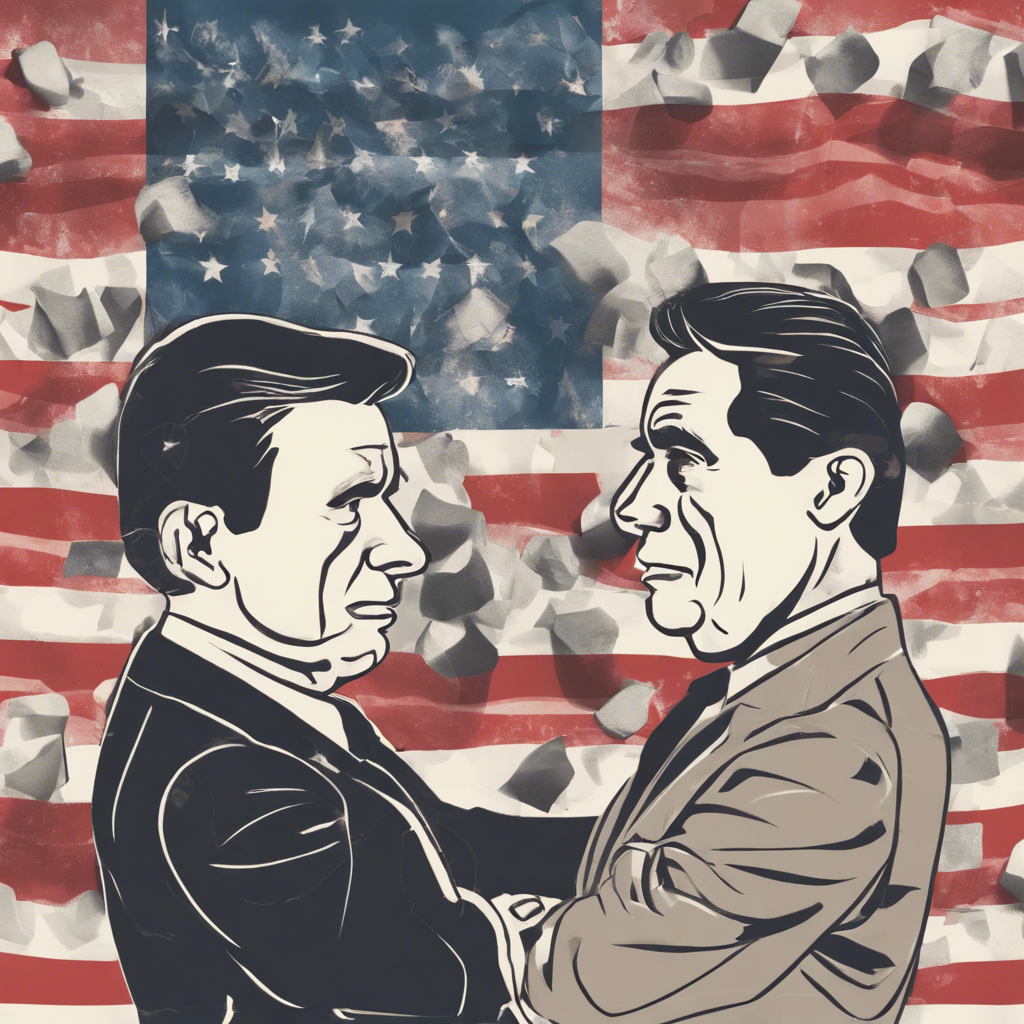The Rise of Affective Polarization: How Emotions Drive Political Divisions

As the 2024 primary season approaches, the deepening political and cultural polarization in the United States is becoming more evident. Social scientists are studying the phenomenon of affective polarization, where emotions and group identity play a significant role in shaping political beliefs.
The political landscape in the United States has become increasingly polarized in recent years. The divisions between Democrats and Republicans have deepened, with policy preferences becoming entangled with strong emotions and a visceral dislike of the opposition. This phenomenon, known as affective polarization, is the focus of extensive research by social scientists. The rise of affective polarization has significant implications for the upcoming 2024 primary season, as voters remain polarized and resistant to change.
The Evolutionary Roots of Group Identification
Humans have an innate tendency to form tightly knit groups, a behavior that has its roots in evolution. In a world of limited resources, cooperation was necessary for survival, and identifying rivals and competitors became essential. This instinct to form groups and identify outsiders has carried over into the political realm. The formation of political parties, with their zero-sum contests for power, has created a climate where out-group hatred can thrive.
The Warring Boy Scouts and Today’s Political Divide
A famous experiment from 1954 involving Boy Scouts camping in separate groups revealed the irrational contempt that can arise between groups. The boys developed a strong dislike for the other group, viewing them as fundamentally flawed human beings. This experiment mirrors the deep divisions seen between Democrats and Republicans today. The political environment has become one where candidates who tap into the “us versus them” mentality are likely to find support across racial, religious, and cultural lines.
Group Affiliation and Political Identity
Group affiliation is essential to human beings’ sense of self. People instinctively identify with broad socioeconomic and cultural categories rather than as unique individuals. This tendency to identify with a group extends to political identity, where individuals align themselves with a particular party or ideology. The American political system, with its two major parties and winner-takes-all contests, reinforces this group affiliation and fosters an environment of out-group hatred.
The Role of Media Fragmentation and Partisan Clustering
The fragmentation of the media and the physical clustering of like-minded individuals have contributed to the intensification of affective polarization. People now have easier access to information that aligns with their beliefs, leading to the creation of echo chambers. Partisan clustering has also increased, with individuals choosing to live in neighborhoods where residents share their political views. This clustering extends even within households, with married couples increasingly sharing the same party registration.
The Intensification of Affective Polarization
Research shows that affective polarization is intensifying across the political spectrum. More than half of Republicans and Democrats now view the other party as a threat, and a significant number agree with the description of the other party as “evil.” This polarization is not limited to political elites; it is evident among voters as well. Many voters struggle to understand how anyone could support a candidate from the other side, leading to confusion and further polarization.
Conclusion: The rise of affective polarization in the United States is a cause for concern as the 2024 primary season approaches. The deepening divisions between Democrats and Republicans, fueled by strong emotions and group identity, make it unlikely that there will be significant shifts in political allegiance. The role of the media and partisan clustering in intensifying polarization cannot be ignored. As the political landscape becomes increasingly polarized, it is crucial to find ways to bridge the divide and foster more constructive dialogue. Failure to do so may have long-lasting consequences for the future of democracy in the United States.

